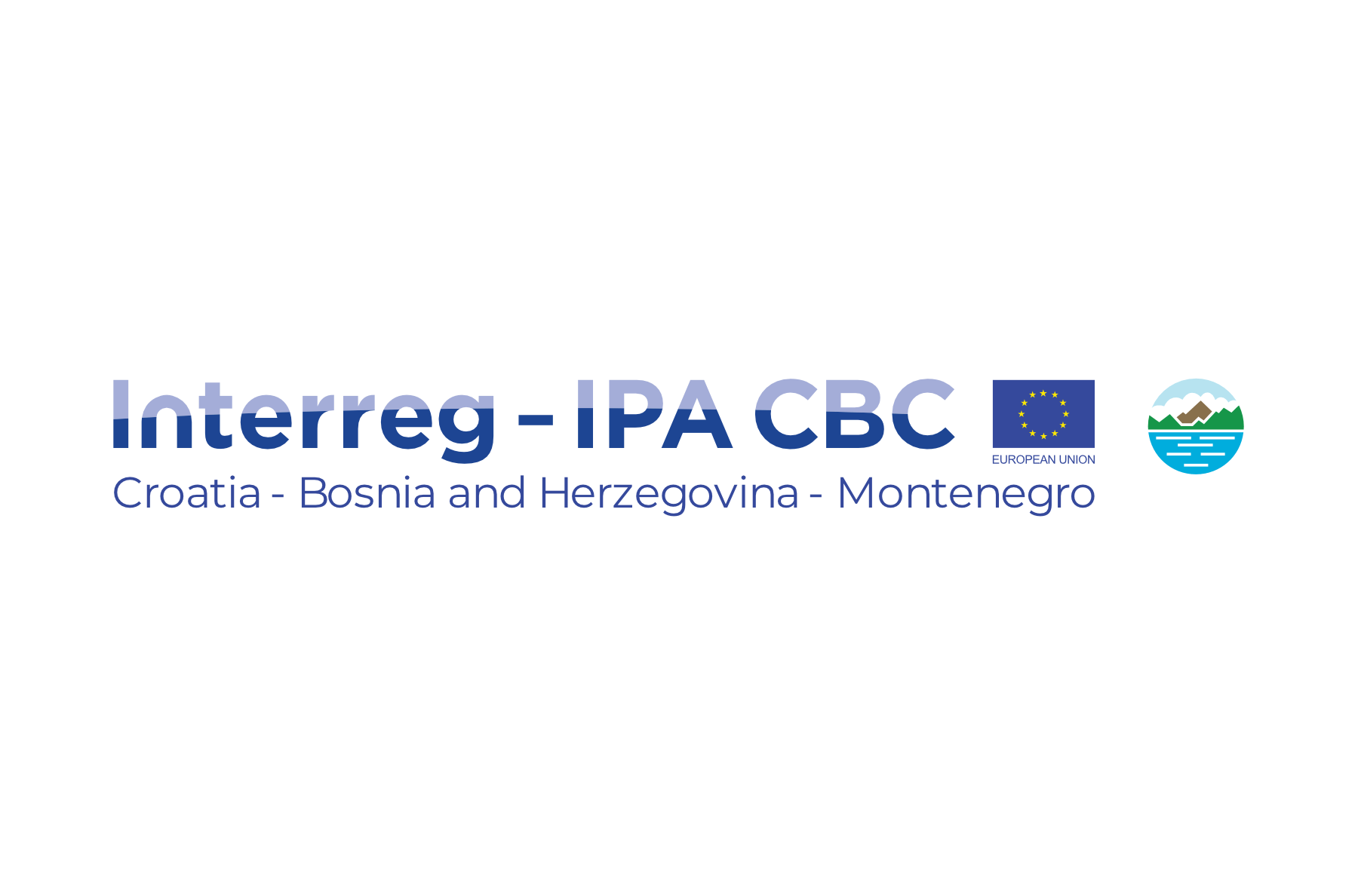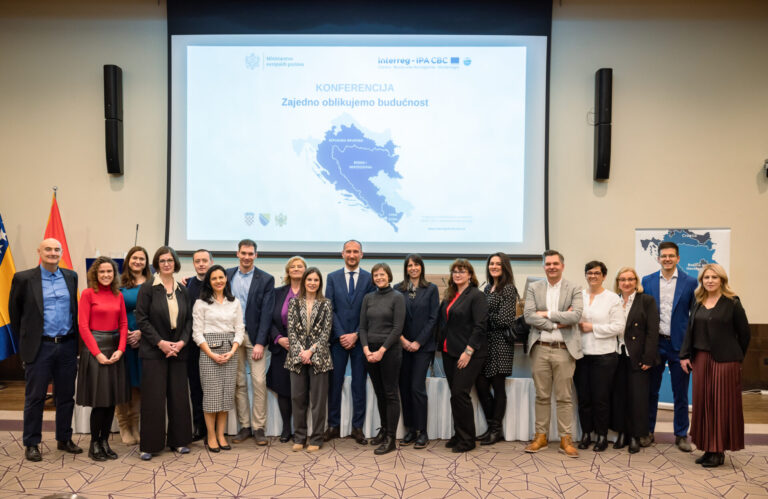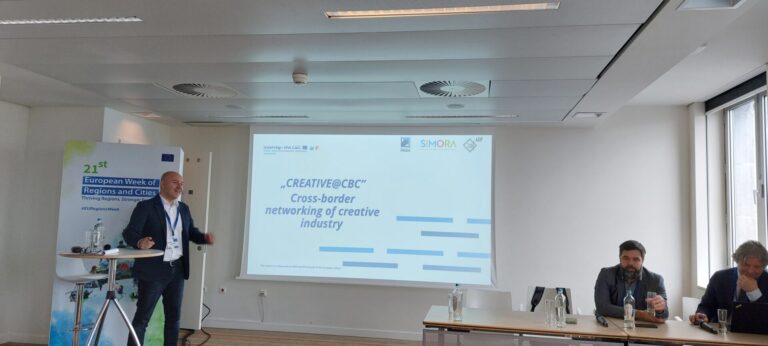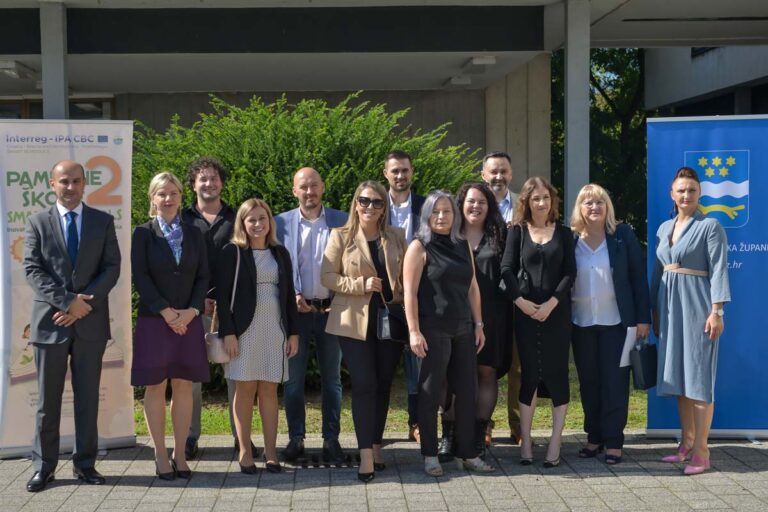At the end of project implementation, projects shall undergo a formal closure procedure which requires gathering and collecting both content and financial information related to the project.
Although the end date of a project means that all activities are finished, the actual obligations of Lead Partner and project partners goes beyond its implementation period. The Lead Partner should coordinate the closure process and ensure that:
- Project documentation is available and organized in a way that anyone with no knowledge of the project can ensure smooth control.
- Communication line is kept with all partners during project closure.
- Project partners are aware of obligations after project closure.
Before project end
All activities and tasks must be carried out during the project implementation period, therefore, during closure phase the projects should be finalizing all activities planned within the Application. If certain activities or outputs have not been realised, there might be financial consequences in a form of deduction of part of the EU grant.
Communication of project results
At the end of project implementation, the outcomes, results, legacy and future of a project shall be communicated to the general public. In the closure phase, the project will be asked to develop a final communication product in a form of a success story, such as a testimonial, story, promotional movie, etc. The idea is to showcase what the project changed in the project area from its start to its end. Access to knowledge and outputs produced by the project needs to be ensured on a project website (if there is one), a project partner website, a designated info point or any other way that ensures long-term impact.
After project end
Although the project’s end date means that project activities will no longer be implemented, the project is still subject to Programme requirements and checks (audits).
Preparation of a project final report
In order to receive the final payment, projects need to submit Final Project Progress Report. During this process, projects will need to demonstrate that the results and outcomes of the project have been achieved according to target values indicated in the Application. The Final Project Progress Report is an opportunity to express what changes the project brought to the local community and territory. It is also the moment to share any learnings from participating in a cross-border project and the effects on the participating organisations and reflect on follow-up measures for utilising project outputs in the long term.
The Programme will monitor carefully whether the project has implemented all activities and delivered all outputs as defined in the approved Application.
Retention of documents
It is important to point out that all supporting documents related to the project must be retained for audit purposes. MA will individually inform each Lead Partner on the exact deadline for the retention period.
Durability
The legacy or durability of projects is considered as one of Interreg’s essential principles. By mainstreaming accomplishments of cross-border projects and introducing new ideas and practices in the cross-border community, a lasting impact will be produced that goes beyond the project duration. Short-term cooperation is not the aim of Interreg; there is an expectation to use EU funding, partnership experiences and new ideas gained through co-financed projects for new synergies needed in the Programme area. In this sense, durability is closely related to sustainability and transferability of project results and achievements. The Lead Partner and Project Partners are responsible for ensuring that the changes induced by the project are not limited to the project lifetime.
Programme rules on eligibility of expenditures provide additional details on durability, transferability and other project closure provisions such as retention of documents, revenues and final reporting.



